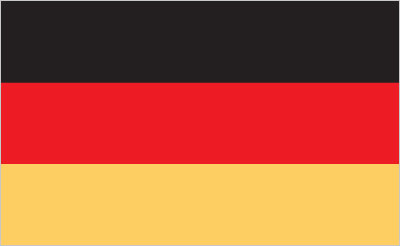About the town » Wuppertal, Duesseldorf District, North Rhine-Westphalia, Germany
Wuppertal is a city in North Rhine-Westphalia, Germany. It is located in and around the river Wupper valley, and is situated east of the city of Düsseldorf and south of the Ruhr area. With a population of approximately 350,000, it is the largest city in the Bergisches Land. Wuppertal is known for its steep slopes, its woods and parks, and its suspension railway, the Wuppertal Schwebebahn. Two-thirds of the total municipal area of Wuppertal is green space. From any part of the city, it is only a ten-minute walk to one of the public parks or woodland paths. In the 18th and 19th centuries, the Wupper valley was one of the biggest industrial regions of continental Europe. The raising demand for coal from the textile mills and blacksmith shops laid roots for the expansion of the nearby Ruhrgebiet. Today, Wuppertal still is a major industrial centre, being home to industries such as textiles, metallurgy, chemicals, pharmaceuticals, electronics, automobiles, rubber, vehicles and printing equipment. Aspirin originates from Wuppertal, patented in 1897 by Bayer, as is the Kobold vacuum cleaner. The Wuppertal Institute for Climate, Environment and Energy and the European Institute for International Economic Relations are located in the city.
![]()
Wuppertal
Düsseldorf District
North Rhine-Westphalia
Germany